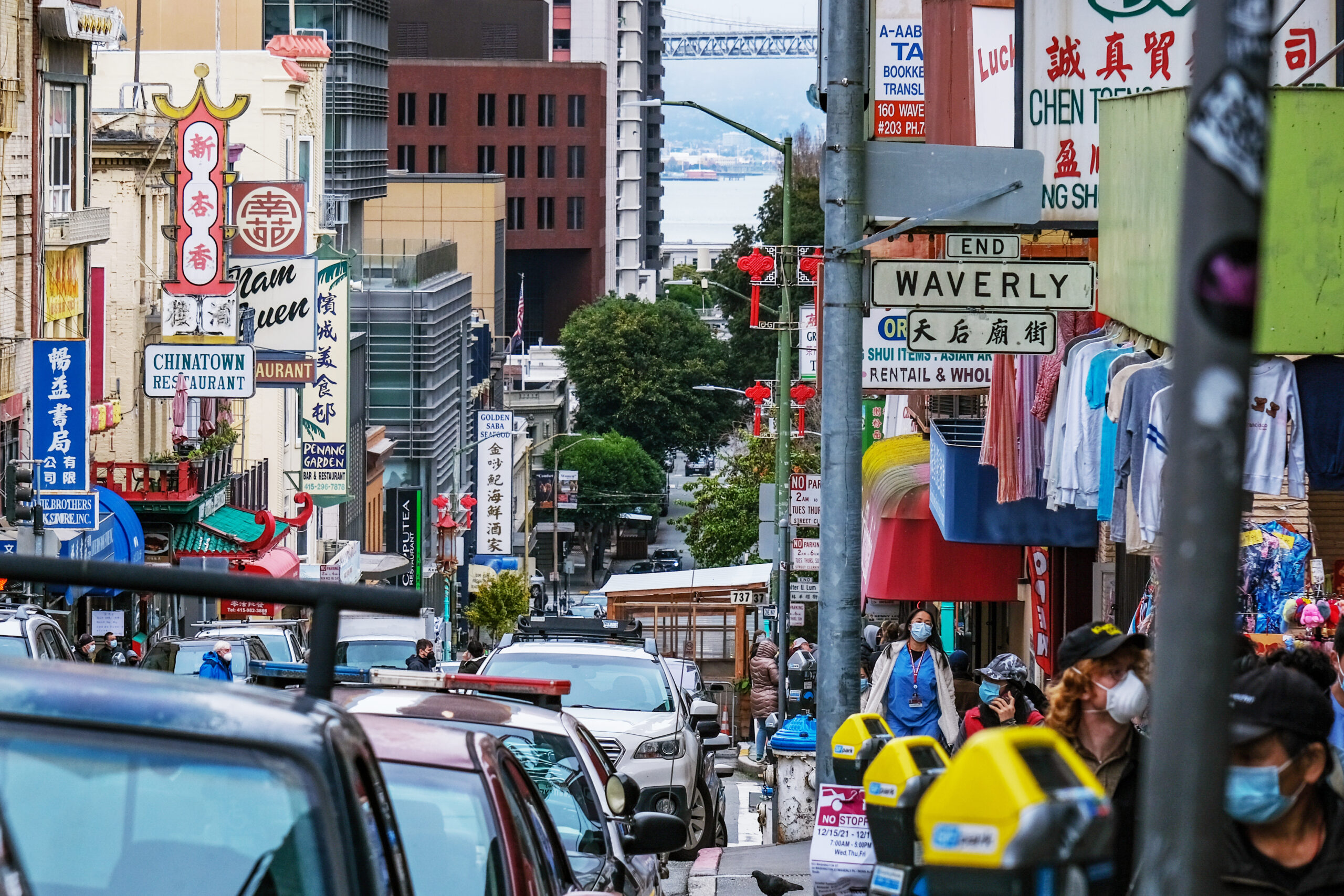Moji Saniefar, an attorney representing 14 San Francisco merchant groups, is deeply worried that small businesses in the city are about to get walloped with surprise liability lawsuits that have the potential to put them out of business over minor violations of a landmark disability law.
“San Francisco just got bombarded with these Americans with Disabilities Act lawsuits,” she said. “This is just going to open the gates again.”
Saniefar was closely watching Langer v. Kiser in the U.S. Court of Appeals for the Ninth Circuit, in which a disabled individual named Chris Langer sued a small business because its parking lot was inaccessible for his van and ramp. The case may set a precedent for similar lawsuits in the future.
However, the outcome wasn’t what Saniefar hoped.
A three-judge panel on the federal court sided with the disabled plaintiff, leaving the small-business owner defendants who lost with few choices. What keeps Saniefar awake at night is the potential for the ruling to encourage more lawsuits targeting small businesses—in particular, from a small number of firms that file an extraordinary number of legal actions.
“We’re concerned that we’re going to see a flood of lawsuits again,” Saniefar said.
In other words, this has happened already.
‘Lucrative Business’
The Americans with Disabilities Act of 1990 is a federal law, enacted to protect people from discrimination or a lack of accommodation in public spaces. It has brought about major changes in American society, from adding closed captioning on TV programs to facilitating the rise of service animals.
But since the pandemic, lawsuits alleging ADA violations have soared across San Francisco. Hundreds of small businesses, including numerous immigrant-owned businesses in Chinatown, are getting hit by legal letters citing their uneven entrances, narrow hallways or high counters, which may fail to comply with the letter of the law on a technicality or because their buildings were constructed decades before the advent of things like wheelchair-friendly ramps.
Saniefar’s father, an Iranian immigrant who ran a restaurant in Fresno, was also a target of these lawsuits over claims of lack of accessibility, which prompted her to join the fight.
She said because of the complicated legal system, potential high fees and language barriers, many immigrant businesses owners choose to settle. And in neighborhoods like Chinatown, many buildings are over 100 years old, making construction upgrades to comply with ADA laws unfeasible for many small-business owners.
Consequently, nuisance lawsuits have become a lucrative business for certain plaintiffs’ law firms to keep filing such cases.
“Who wants to be involved in a lengthy federal lawsuit?” Saniefar said. “And in fact, that’s what plaintiffs are always pushing for: ‘Settle the case with me.’”
The Standard has learned that many of the Chinatown small businesses have chosen to settle with their plaintiffs on ADA lawsuits, with a few exceptions.
Larry Yee, the leader of the family association Quong Fook Tong located on Chinatown’s Clay Street, told The Standard that its building was also targeted with an ADA lawsuit, and the association brought the case to court.
Yee said the judge dismissed the plaintiff’s lawsuit because of false information related to the building’s entrance, but he also acknowledged that Quong Fook Tong spent “a lot of money” on this legal battle.
“We do need financial assistance,” Yee said. “We don’t have any outside support.”
Law of the Land
For Dennis Price, the Southern California attorney who represents the disabled plaintiff, it’s all about civil rights.
“ADA has been around for 30 years,” he said. “What’s new is the defendants trying to say that this civil right doesn’t count.”
Price applauded the recent federal court ruling, which in his eyes reaffirmed the ADA’s protection as law of the land. He bristles at criticism about allegedly hypothetical lawsuits that are solely by money without a larger sense of justice for a marginalized group. Price’s client, Chris Langer, has filed more than 2,000 cases over the past decades.
“He actually went to the business,” Price said. “You have to have some sort of interest in the case.”
The defendants in Langer v. Kiser have requested a rehearing, this time with a larger panel of judges to weigh in on the case. But there’s been no action just yet from the court.
The ADA lawsuit trend slowed down after the district attorneys from both San Francisco and Los Angeles joined the fight against Potter Handy, a law firm known for filing ADA lawsuits.
San Francisco’s DA’s Office filed an appeal in early March, after the local court tossed out their initial filing last year. Potter Handy will have 90 days to respond.
Price, who was a Potter Handy attorney before starting his own firm, denied that the Langer v. Kiser decision will have any sweeping effects. He insists he just wants to ensure that people with disabilities have the same rights as the able-bodied.
“I don’t think it’s going to have any real impact on the number of cases that are filed,” he said. “What’s unusual is we still have cases about whether or not someone should have an accessible parking lot.”
